Introduction to Plants -> lifestyle choices
Lifestyle Choices
In science, lifestyle choices refer to the decisions individuals make that can impact their health and well-being. These choices can include diet, exercise, sleep patterns, and substance use.
Diet
Diet refers to the types of foods and drinks a person consumes. A healthy diet is essential for maintaining overall health and reducing the risk of chronic diseases such as obesity, diabetes, and heart disease. A balanced diet should include a variety of fruits, vegetables, whole grains, lean proteins, and healthy fats.
Exercise
Regular physical activity is crucial for maintaining a healthy lifestyle. Exercise can improve cardiovascular health, strengthen bones and muscles, and help control weight. It is recommended that individuals engage in at least 150 minutes of moderate-intensity aerobic activity per week.
Sleep Patterns
Sleep is essential for overall health and well-being. Poor sleep patterns can lead to a range of health issues, including fatigue, poor concentration, and an increased risk of chronic diseases. Most adults need 7-9 hours of sleep each night for optimal health.
Substance Use
Substance use, including tobacco, alcohol, and drugs, can have a significant impact on health. Tobacco use is a leading cause of preventable diseases and death, while excessive alcohol consumption can lead to liver disease and other health problems. Illegal drug use can have severe health and social consequences.
Study Guide
- What are lifestyle choices in the context of science?
- Explain the importance of a balanced diet.
- How does regular exercise contribute to a healthy lifestyle?
- Discuss the impact of poor sleep patterns on health.
- What are the potential health risks associated with substance use?
By understanding and making positive lifestyle choices, individuals can improve their overall health and well-being.
[Lifestyle Choices] Related Worksheets and Study Guides:
.◂Science Worksheets and Study Guides Seventh Grade. Introduction to Plants

 Worksheet/Answer key
Worksheet/Answer key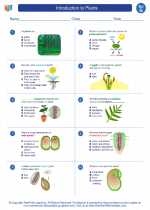
 Worksheet/Answer key
Worksheet/Answer key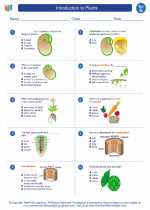
 Worksheet/Answer key
Worksheet/Answer key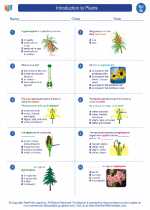
 Worksheet/Answer key
Worksheet/Answer key
 Vocabulary/Answer key
Vocabulary/Answer key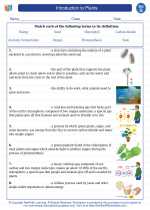
 Vocabulary/Answer key
Vocabulary/Answer key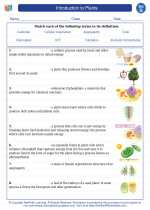
 Vocabulary/Answer key
Vocabulary/Answer key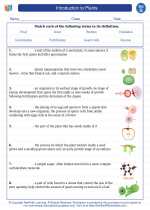
 Vocabulary/Answer key
Vocabulary/Answer key
 Vocabulary/Answer key
Vocabulary/Answer key
